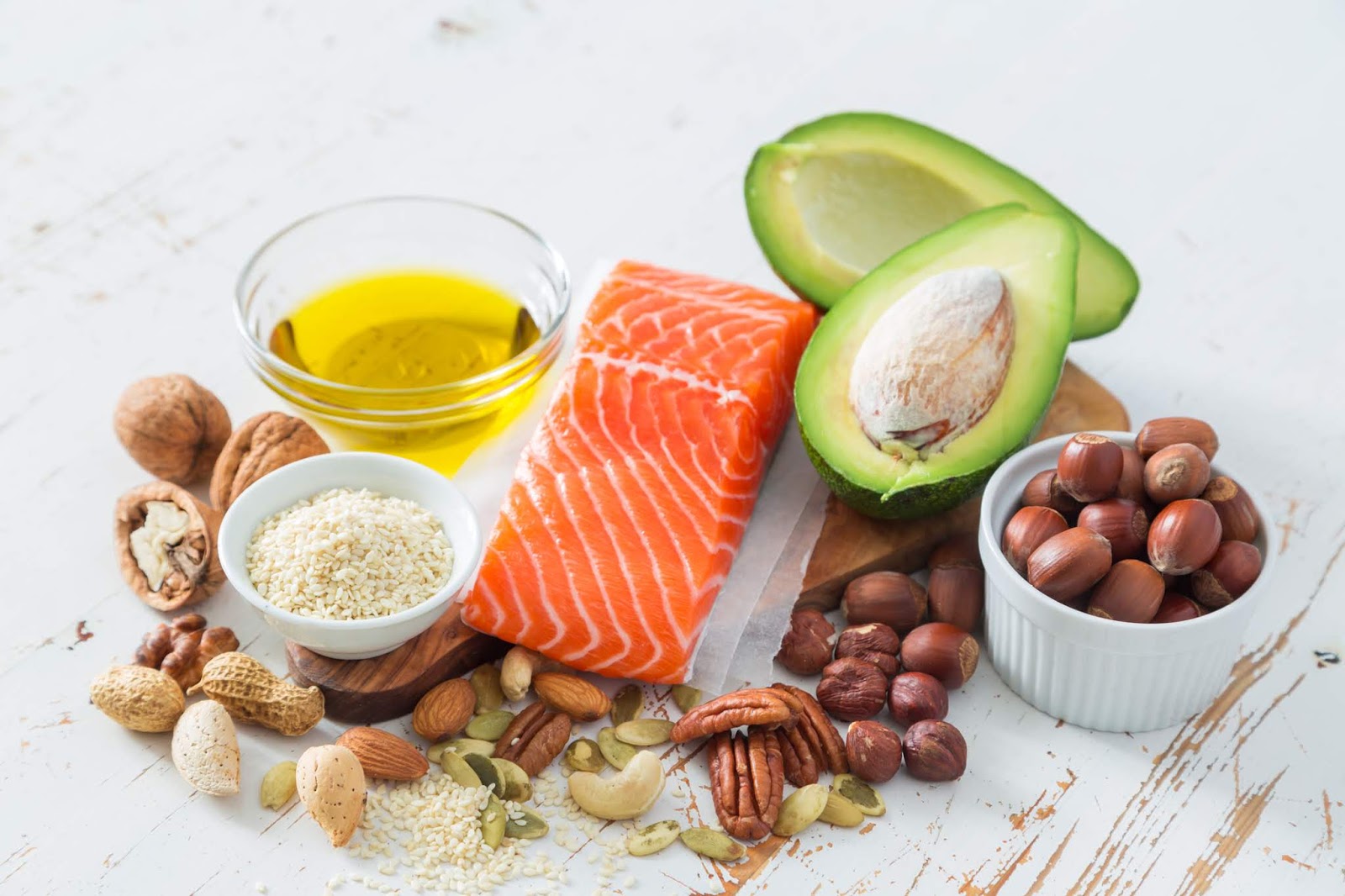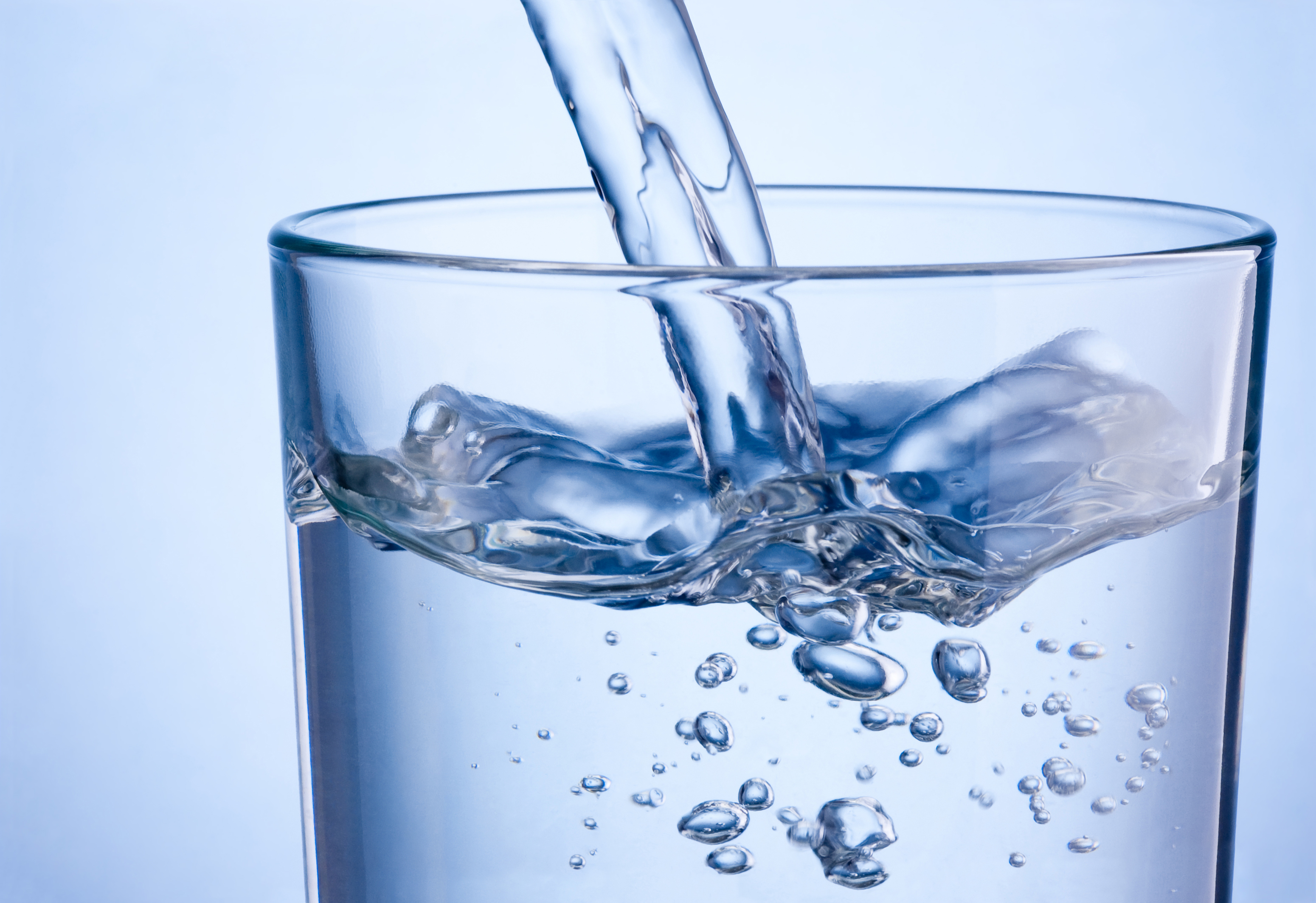7 tips to live a happier life

Do you wake up feeling sluggish most mornings? Have caffeinated beverages become a necessity to help power you through the day? If this sounds familiar, it’s time to ditch the quick fixes you rely on, and develop an energy management plan. Getting started may seem daunting, but soon you’ll be energized to keep going once you reap the benefits of a happier, healthier and more productive lifestyle.
What is energy management?
Think of your energy as a limited resource, like money in an account. You begin the day with a certain amount to spend, which varies from person to person based on factors, such as age, sleep, stress levels, medical conditions and lifestyle. Throughout your day, multiple transactions (activities) occur as you withdraw energy from and deposit energy into your account. While you may not always have control over activities that deplete your energy, you can take steps to deposit more energy into your account.
Follow these 7 tips to increase your energy and live a happier, healthier, more productive life:

1. Eat nourishing food.
We all know that wholesome food is the crux for well-being, but it’s common to regard healthy eating primarily as a tool for weight loss. However, according to the 2015 Dietary Guidelines for Americans, a balanced diet high in fruits and vegetables, lean protein, low-fat dairy and whole grains is what you need for optimal energy. After all, you really are what you eat to some extent. Consume a variety of foods from all the food groups to get a range of nutrients to energize you throughout the day. Opt for fresh or frozen fruits and vegetables, especially nutrient-dense dark, leafy greens and broccoli, as well as orange vegetables, including carrots and sweet potatoes. There are many types of fish and legumes to choose from for healthy protein options. Aim to eat 3 ounces of whole-grain cereals, breads, rice or pasta daily.
2. Sleep seven to eight hours a night.
Getting more sleep seems to be a healthy habit many people need to improve on. We already know that we need at least seven hours of shut-eye each night, so what prevents us from getting it? Think about how you can improve your biggest sleep disruptors and know this: Sleep deprivation can perpetuate serious health conditions, as well as negatively affect your mood, motivation and energy levels. Prioritizing sleep is one of the best things you can do to set yourself up for a successful, energized day.
3. Keep company with good people.
Maximize the amount of time that you spend with people you enjoy being around. Connecting with others who radiate positivity and have similar interests will excite and energize you. On the flip side, people you don’t relate to or who have negative outlooks, complain often or make poor choices will only drain your energy account. Be selective in the company you keep.
4. Avoid news overdose.
The news is an important way to stay connected to what’s happening in the world. It can be educational, entertaining and even uplifting. Unfortunately, the news too frequently is bombarded with stories of suffering. These stories can skew your view of the world and cause you to focus on your worst fears instead of recognizing the good that surrounds you. You can’t avoid these stories altogether, but try to minimize your exposure when you can, especially during trying times.
5. Get regular exercise.
Do you find yourself feeling lethargic halfway through the day? Have you ever gotten winded by simple everyday duties, such as grocery shopping or household chores? Contrary to what you might believe, getting the 150 minutes of weekly activity recommended by the Physical Activity Guidelines for Americans can add to your energy account and not subtract from it. How? Exercise relieves stress and tension, strengthens muscles and boosts endurance, which helps your body to work more efficiently during other physical tasks or activities.
6. Do something meaningful each day.
What do you feel passionate about? Do you have a special talent that you’d like to practice more often or share with others? Do something you enjoy every day, even if it’s something as simple as cooking a healthy meal or listening to your favorite song. Putting effort into the things that matter most to you will help you utilize and reserve your energy in ways that will bring out the best in you.
7. Think good thoughts for others.
Maintaining a compassionate mindset is another way to conserve energy. One example of practicing this way of thinking is called kind attention. For example, try to make eye contact with a stranger and smile, while thinking “I wish you well.” This positive act can, instead, keep you from judging that person. Judging others can cause us to place judgment on ourselves, and that type of negative internal dialogue can be exhausting.
You’ll feel better with each step you take toward this important self-care investment.
Here are a few simple activities that will help you become more mindful of caring for yourself:
Monitor your energy.
Take your energy “temperature” at various points throughout the day, assigning it a number from 1 to 10, with 10 being the highest energy level. Pay attention to the details of your day so you can identify the people or events that impact you the most.
Make incremental changes.
Once you are aware of some of the people …






